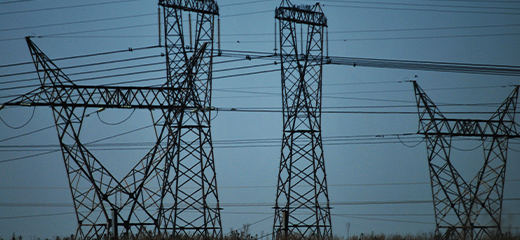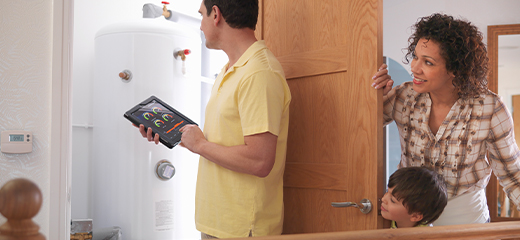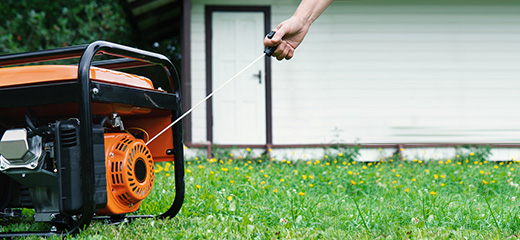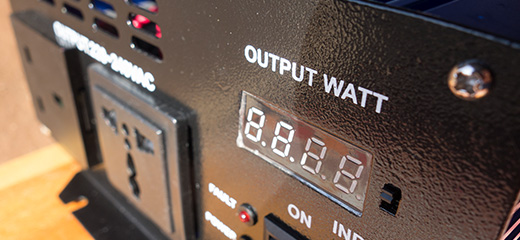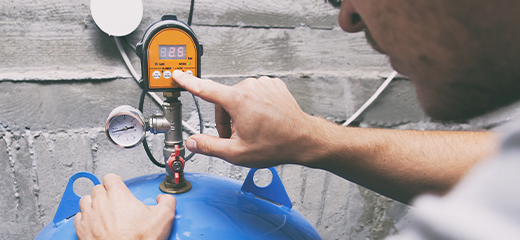
Which heater is best for your home?
Keeping warm during the cold winter nights often requires a heater. Choosing the right heater for your needs will ensure you get the most warmth for your money.
It may be tempting to rush out and buy that heater on special, but there are many factors to consider to avoid disappointment and unaffordable monthly costs. These include:
- What is the size of the space to be heated?
- How quickly do you need that area to be heated and for how long?
- How big or small do you need your heater to be to fit into the room?
- How do the purchase prices compare?
- What are the running costs of the heater?
Heater types
According to the South African Energy Efficiency website, Savingenergy.org.za, heaters are split into 2 types: directional and convection.
Directional heaters, it says, are good for warming up small areas in a short time. These include fan, bar and gas heaters. While these are good at warming up a few bodies quickly, they are not ideal for heating or keeping a room warm.
Convection heaters, on the other hand, are better for keeping a room warm for an extended period of time. These are typically thermostat controlled and switch on and off automatically to maintain a desired temperature. Options in this category include wall panel, oil fin, air conditioner and underfloor heating.
The price of warmth
When selecting a heater, proper consideration should be given to running costs to ensure affordability, says Savingenergy.
To work out the running costs of different electrical heaters, the website offers the following formula:
Heater Wattage (W)/1000 x hours of use per day x electricity price (R/kWh)
Directional heaters use far more electricity than convection heaters; but if the room is small and only used for a couple of hours a day, the heater will only need to be used for short periods. If the room is larger and used for longer periods of time, the more economical convection heaters tend to be a better option.
As for gas heaters, Savingenergy points out that gas is more expensive than electricity. However, gas heaters do have the advantage of working during loadshedding and power failures.
Getting the most from your heater
Whichever option you choose, save your warmth and keep your costs down with these tips:
- Keep windows and doors closed to ensure your heat doesn’t escape the room.
- Also plug any gaps and leaks.
- Close curtains at night to provide a barrier between cold glass and the warmth of the room.
- Add or check on the insulation in the roof to keep your home warm in winter and cool in summer.
- Never leave directional heaters on when there is no one in the room as this could lead to burns and fire.
Head to LookSee for products that reduce electricity consumption and save money.

